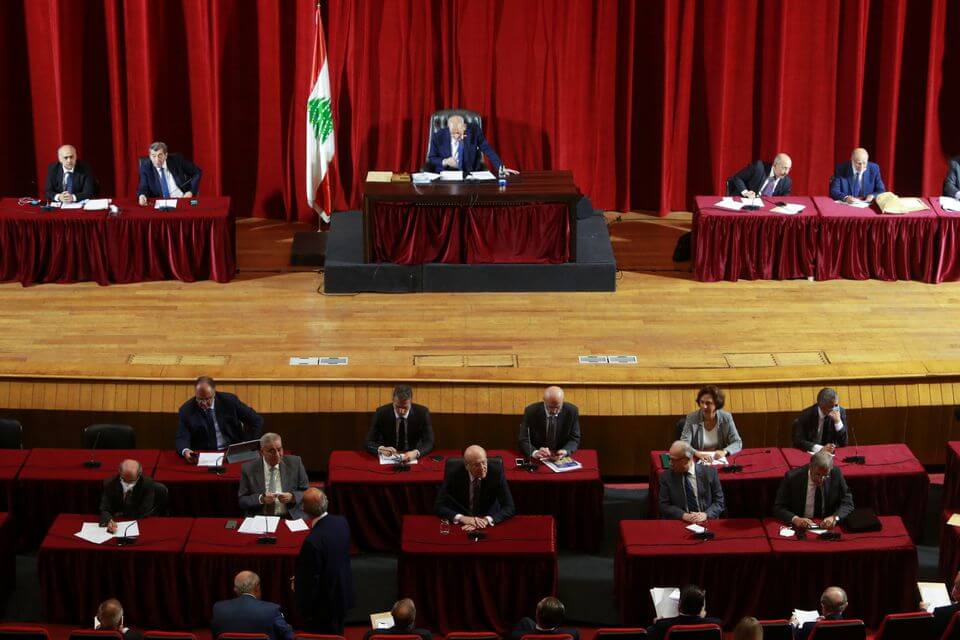Lebanon’s parliament voted on Tuesday to hold legislative elections on March 27, slightly ahead of the original date set for May. The deal would give new Prime Minister Najib Mikati only a few months to strike a deal with the International Monetary Fund (IMF) to rescue the country from a deepening economic crisis.
The vote was brought forward as officials sought to avoid campaigning during the Muslim fasting month of Ramadan. PM Mikati welcomed the move and said he hoped the elections will be “transparent and sound.” Furthermore, Mikati ensured that the elections will not be delayed and said the government will “exert every effort” to hold the elections on time.
However, the leader of the Free Patriotic Movement, Jebran Bassil, criticised the vote, saying that holding the elections in May coincides with the fasting of Christians. Bassil also noted that the possibility of storms during March could make elections and the voting process difficult.
Also Read: Despite Good Intentions, Lebanon’s Sectarian Politics Have Done More Harm Than Good
The move comes at a time when Lebanon is facing a grave political and economic crisis.
Following last year’s devastating blast at the Beirut Port, which resulted in more than 200 deaths and about $15 billion in economic losses, the government led by then-PM Hasan Diab stepped down in August, and Diab assumed the role of caretaker PM. At the same time, Hariri was appointed as PM-designate in October to form a new government. However, due to tensions between ethnically divided political parties, Hariri was unable to create a new cabinet and resigned in July, 2021.
Mikati was appointed as Hariri’s replacement in July and his cabinet was approved by the parliament in September. Since taking over as PM, Mikati has promised to bring in reforms to address Lebanon’s economic and political crisis, and restart talks with the IMF to rescue Lebanon from its economic meltdown.
The World Bank has stated that the country’s economic crisis ranks as one of the worst that the world has witnessed in over 150 years. It reported that “Lebanon is enduring a severe and prolonged economic depression, which is among the most severe crisis episodes globally since the mid-nineteenth century.”
Moreover, the Lebanese pound has lost almost 90% of its value, and three-quarters of its population is on the brink of poverty. The country is also facing severe food, medicine, and fuel shortages. The GDP growth rate has crashed by around 40%, unemployment levels have skyrocketed, and inflation has soared.
The situation took another turn for the worse last week when armed militias clashed against each other in the streets of Beirut over the investigation into the city’s port blast. Six people were killed in the clashes, which marked one of the worst incidents of sectarian violence in the country since the civil war between 1975 and 1990.

